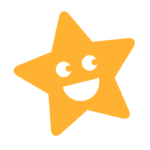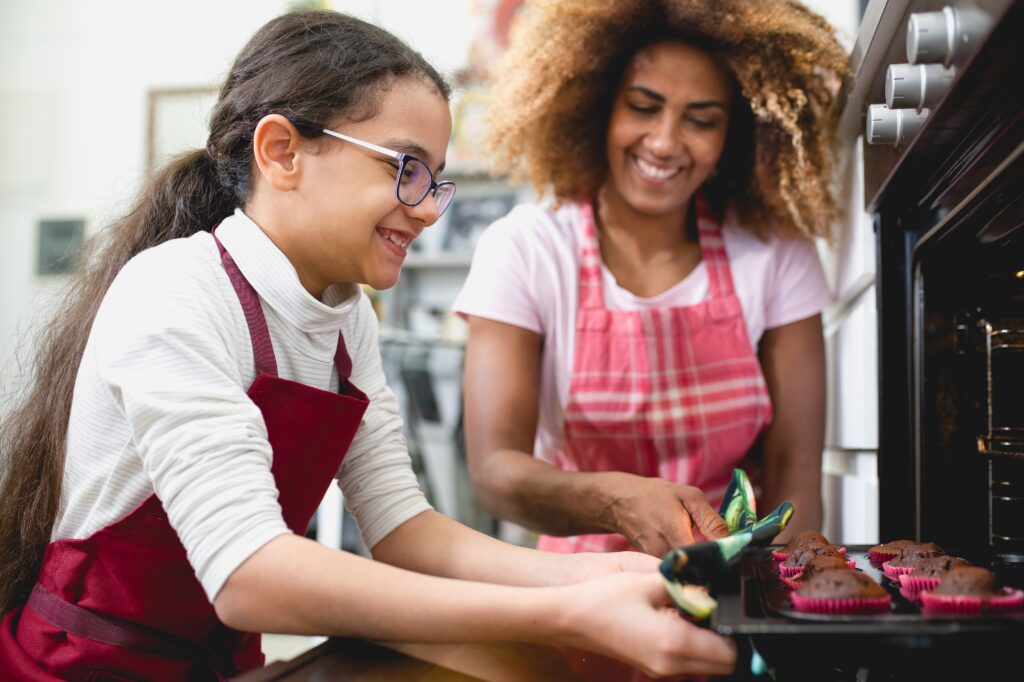

Explore how maths is used in the real world with this handy guide!

Author
Lucy Hart
Published
October 31, 2023


Explore how maths is used in real life with this handy guide!

Author
Lucy Hart
Published
Oct 31, 2023


Explore how maths is used in real life with this handy guide!

Author
Lucy Hart
Published
Oct 31, 2023


Key takeaways
Maths is all around us. From shopping trips to football matches, sums and calculations are used by everyone, every day!
Whether you’re a self-professed maths fan or the very thought of numbers makes you feel queasy, exploring how maths is used in everyday life is a great way to bring the subject to life and show kids (and adults!) just how useful it can be.
With this in mind, we’ve put together a guide covering everything you need to know about real-world maths, including examples of maths in real life and some activities for you to have a go at. Let’s get started!
Real-world maths refers to how mathematical concepts and skills are used in our everyday lives. Real-world maths can be found in lots of places, including work, home and even the cinema!
In October 2023, Labour announced plans to teach real-world maths in primary schools.
As part of this, teachers will ‘show children how numeracy [is] used in the world around them’ by looking at ‘household budgeting, currency exchange rates when going on holiday’ and ‘cookery recipes’.
This plan will not only teach kids invaluable skills such as financial literacy, but will also help to combat maths anxiety and ‘bring maths to life for the next generation’.
Unlock unlimited maths questions
Put your skills to the test with fun exercises + maths games that are proven to boost ability!
Try DoodleMaths for free!
Select a year group
Learning about real-world maths has lots of benefits! These include:
Want to have a go at some questions? DoodleMaths is an app that’s filled with thousands of fun, personalised exercises exploring the whole primary curriculum!
Accessible on tablets, mobiles, laptops and desktops, DoodleMaths creates each child a unique learning experience programme tailored to their needs, boosting their confidence and ability in maths.
Created by teachers, it sets work at just the right level for each child and includes visual explanations for every topic, letting them work independently. Try it free today!

Here are some fun activities you can have a go at with your child or pupils to explore how maths is used in the real world!


Parents, sign up for a DoodleMaths subscription and see your child become a maths wizard!

Real-world maths activities to try at home
Explore real-world maths at home with these fun activities, all requiring minimal prep and planning!
Mathematicians who changed the world
From Turing to Nightingale, discover famous figures who used maths to change the world
How we use maths in our everyday lives
Explore some of the daily decisions you face and how you use maths to solve them
Book a chat with our team
If you’d like to use Doodle’s browser version, please visit this page on a desktop.
To log in to Doodle on this device, you can do so through our apps. You can find out how to download them here: